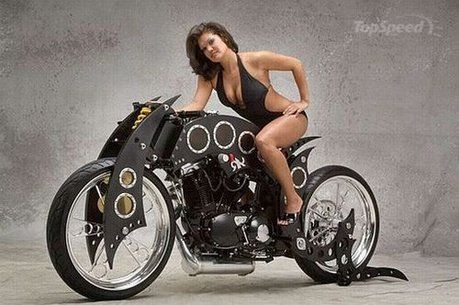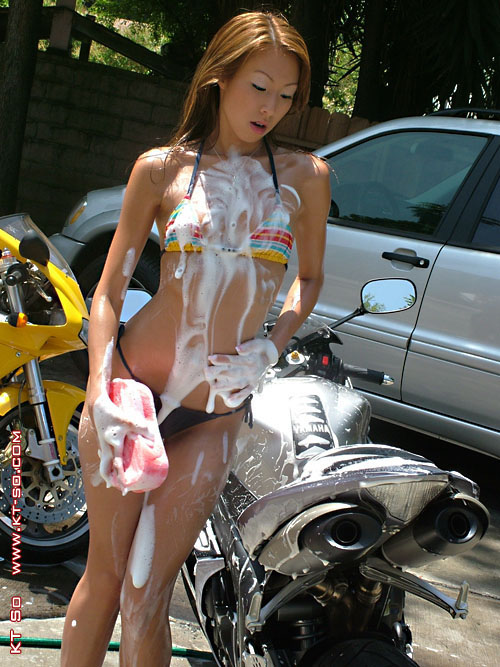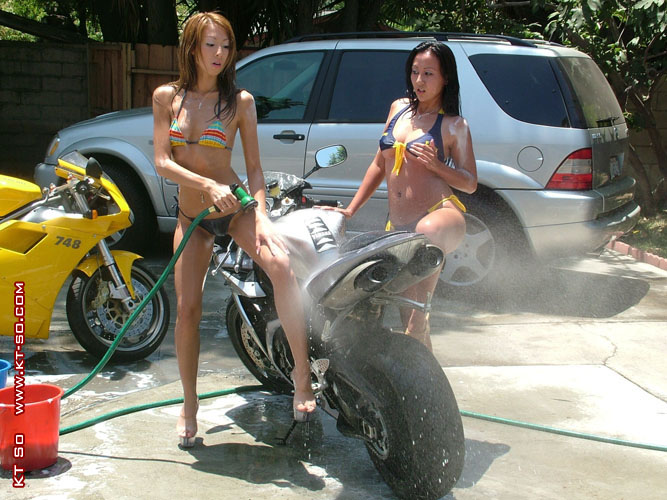via : the Airport Journals
 "People often ask me, 'What's the relationship between vacuum cleaners and airplanes?'" says pilot David Oreck. "My answer is, 'Well, airplanes have to be strong, light, and dependable, and that's how we build our vacuum cleaners!'"
"People often ask me, 'What's the relationship between vacuum cleaners and airplanes?'" says pilot David Oreck. "My answer is, 'Well, airplanes have to be strong, light, and dependable, and that's how we build our vacuum cleaners!'"Born in Duluth, Minn., 81 years ago, David Oreck's name has been on a quality appliance of some sort in America for the past 40 years."Did I have a vision when I began?" he ponders. "My vision was to survive and hopefully succeed in some way."
Oreck says he started his business from scratch.
"In the beginning I was chief cook and bottle washer, a one-man sales force," he said. "I had one lady answering the phone in a small office in Rockefeller Plaza—a big address with a small office. I'd travel all around the country with a vacuum cleaner under each arm like Willy Loman in 'Death of a Salesman.' I thought, 'Well, they'll probably pick me up, dead, in the St. Louis airport or somewhere, laying on the floor with two vacuum cleaners beside me, and say, 'Who the hell is this guy?'"
Oreck said things gradually got better.
"I got started that way and, bit by bit, I worked hard and fortune smiled at me, I guess," he says with a softened humility. "Now, 41 years later, we're an 'overnight success.' Actually, it's what happens with a lot of hard work and just being tenacious. I very much agree with Winston Churchill; he said, 'Never, never, never, never give up.' You could call it stubborn, but the difference is: if you fail, it's because you were stubborn; if you succeed, it's because you were tenacious. I guess I'm tenacious."
Oreck served for over three years in WWII after joining the Army Air Force at age 18. Following his military service, he headed to New York City.

"Fools rush in where angels fear to tread," he reflects.
He began a job as a wholesale distributor and salesman with RCA. For the next 17 years, Oreck worked his way up to head all sales in the company, as consumers were introduced to revolutionary new products: black and white television, color television, the first automatic washer (a Bendix), the first microwave oven (a Litton), and, of course, vacuum cleaners. At the age of 40, he decided to strike out on his own.
"I had a lot of energy, a good idea, no money, and I started my own vacuum cleaner business," he said. "It was a lonely road, because I had something that was uniquely different. It was an eight-pound upright cleaner; other vacuum cleaners then weighed three times that amount. The only big problem at the time was my competitor told the consumers, 'Oh, Oreck's lightweight vacuum is no good; it won't work. It's too light; it's only a toy.'"

But he pushed on.
"I proceeded to sell to hotels on the basis that if it's good in the hotel industry, the public would then realize that eight pounds did not mean that it was light in performance or light in durability," he said. "And that's how it all got started."
Oreck products are not only famous for their high quality and long lifespan, but also for the service and friendliness of the over 1,500 employees and managers in over 600 stores nationwide.
"There's such a namelessness and facelessness to business," Oreck declares. "But people are people, and people like to communicate with other people; people like to know who they're dealing with, whom they can count on. From the beginning, I wanted people to know I was the fellow making the statement, 'This is my company; here's my telephone number. If you're not delighted with what you get, we're going to make it right. We'll fix it, change it, or give you your money back. We'll even go out and wash your car if it'll help!'"

Oreck's company-to-customer philosophy still lives on today.
"When the customer buys something, you carry it to their car," he said. "When the customer comes in and they have a vacuum cleaner for repair, or whatever, run out and get it and bring it in. People are impressed with the simple things. They're impressed with people who treat them nicely—people who treat them in a caring way and who are friendly and who give a damn."
Oreck is extremely proud his products are "Made in America."
"No where in the world can anyone get the opportunities we have in America," he said. "I feel keenly about supporting our country. I also believe we can control our quality by making our products here in America. We're so dedicated that the customer is satisfied. We bend over backwards. If we ship out something that isn't satisfactory, then we're going to get it back. Pay me now or pay me later.
"As a result, we have dozens and dozens of checks on a product before it goes into the box. There's no such thing as an Oreck vacuum going out and arriving, 'Dead on Arrival.' So, number one, we can control our quality by making it here in the United States. We don't have to ship it from Beijing to our shores. We can turn our production lines around or move onto a different model in a matter of hours. Lower inventories, greater turnover; problems are solved with a telephone call in a matter of hours."

Oreck said that large companies that are successful today all too frequently are arrogant and uncaring to their employees.
"That trickles to their customers," he said. "We have a corporate culture that begins within the company and, hopefully, begins with me and flows through to the customer. We have very little turnover at Oreck. We don't have mandatory retirement. I guess if we did, I'd be kicked out. It's a good company. If you treat your own people well, you can reasonably expect them to treat the customer very well. Our employees know that 'Quality is Job One,' to steal a line from someone else. And if you need a replacement part, you don't have to go to Timbuktu to get that part.
"Basically, America made me. I feel I owe something to America. And providing jobs to Americans for a high-quality, 'Made in America' product is one of my ways of giving back to the country that has made my success possible."
Oreck's factory is a 375,000-square-foot state-of-the-art facility in Long Beach, Miss., on the Gulf, near Biloxi, just outside the corporate offices in New Orleans. The public passes through on tours to get a first-hand look at all the products assembled at the Oreck plant.
Oreck's many unique TV and radio commercials, which fall into their own category of classics, have also helped introduce the public to a variety of products. One of the best remembered is the singing commercial that had Oreck exclaiming, "If you want me to stop singing, call this number." It obviously worked, because it sold lots of products, and presently remains in advertising's Hall of Fame.
.












No comments:
Post a Comment